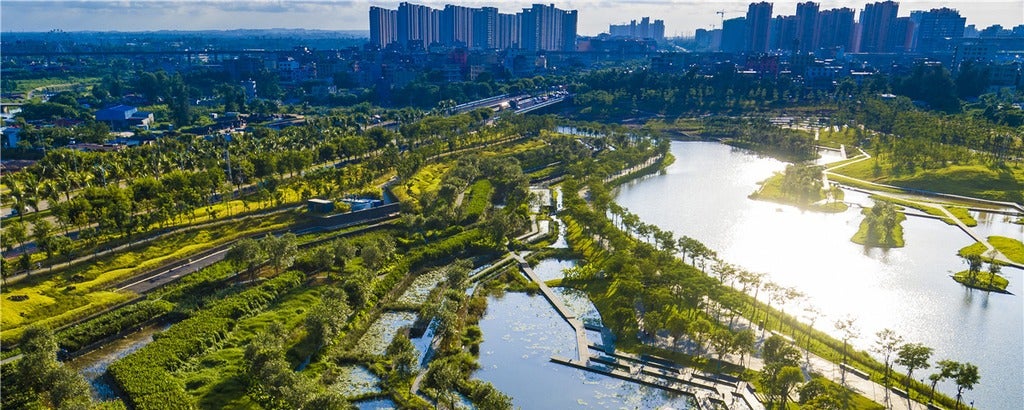Where water meets design: Malak Kamal’s vision for resilient communities
When devastating floods swept through Pakistan in 2022, millions were displaced, and more than 1400 lives were lost. For Malak Kamal, a graduate architecture student from Quetta, Pakistan, it was a turning point.









